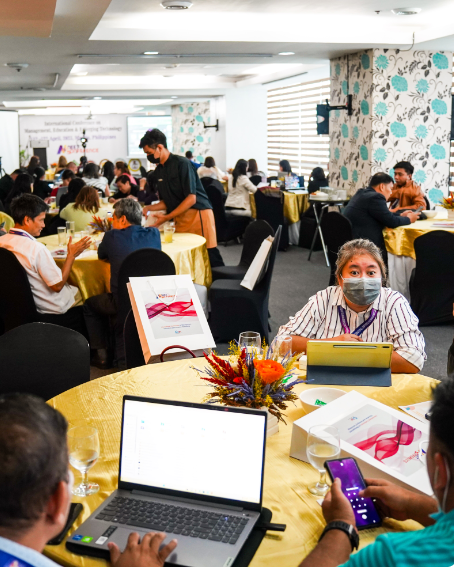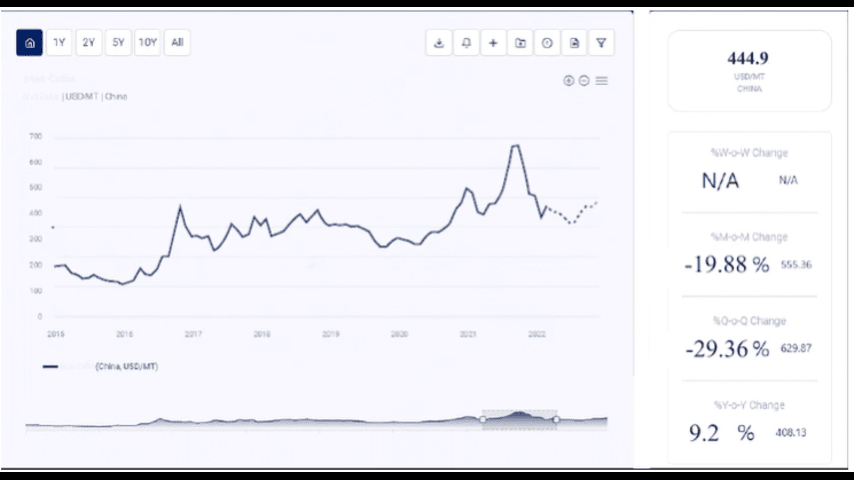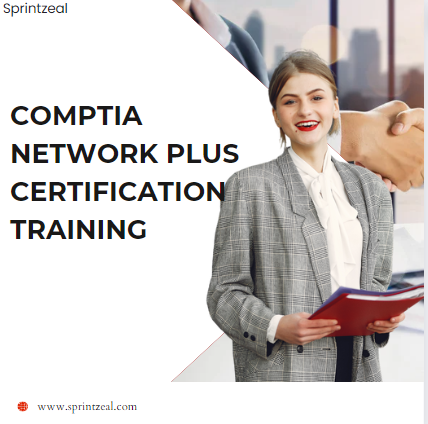Effective event planning is crucial for the success of any academic gathering, whether it’s a research conference, workshop, or symposium. With careful organization and attention to detail, you can create an environment that fosters collaboration, networking, and learning. Here’s a comprehensive guide to planning a seamless academic event.
1. Define Clear Objectives and Goals
Start by understanding the purpose of the event. Are you hosting a conference to showcase research, a workshop to build skills, or a symposium to discuss innovations? Define specific goals to help structure the event’s content, schedule, and activities. For example, a research conference might prioritize paper presentations, while a networking event might emphasize panel discussions and group activities.
2. Develop a Detailed Timeline and Checklist
A well-structured timeline is key to successful event planning. Break down tasks into stages, from initial planning to follow-up after the event. Here’s a sample checklist:
- 6–12 Months Before: Set goals, select a date, secure funding, book a venue, and start inviting speakers.
- 3–6 Months Before: Finalize the agenda, send out invitations, arrange accommodations, and begin promoting the event.
- 1–3 Months Before: Confirm all logistics, finalize registrations, and organize materials.
- 1 Month Before: Send reminders, verify all setups, and finalize the list of attendees.
Using a timeline will help keep everyone on track and ensure you’re prepared for each phase.
3. Secure the Right Venue
The venue sets the tone for the event and affects logistics like accessibility, accommodation, and technology. Choose a location that can comfortably host your expected attendees and provide amenities like Wi-Fi, audio-visual equipment, and breakout rooms for smaller discussions. Proximity to public transportation and lodging options is also important, especially for attendees traveling from afar.
4. Build a Strong Agenda
Your agenda should balance educational content, interactive sessions, and networking opportunities. Start with keynotes and feature presentations from experts in the field, then follow up with panels, breakout sessions, and group discussions. Consider adding workshops or hands-on labs for practical learning. Including sufficient breaks and social events can help attendees network and discuss insights informally.
5. Recruit Qualified Speakers and Moderators
Speakers and moderators play a major role in shaping the quality of your event. Invite individuals who are knowledgeable and engaging, as they can help stimulate discussion and keep the audience engaged. When recruiting, consider diversity in expertise, background, and perspective to enrich the experience for attendees.
6. Promote the Event
Promotion is essential to attract attendees. Use academic networks, social media, email marketing, and professional platforms like LinkedIn to reach potential participants. If the event is geared towards a specific research community, consider listing it on academic websites or relevant industry forums. Providing early-bird registration discounts or offering group rates can also boost attendance.
7. Arrange for Technology and Support
Technical support is crucial, particularly if you are planning a hybrid or virtual event. Set up reliable audio-visual equipment, projectors, and microphones, and test all tech elements ahead of time. For virtual events, choose a stable and accessible platform, and provide tech support during the event to troubleshoot any issues.
8. Ensure Logistics and Accessibility
To make your event accessible, provide clear signage, ramps, and accessible seating options for attendees with disabilities. Arrange for transportation if necessary and consider dietary restrictions when organizing meals or refreshments. A well-organized registration and check-in process will make a positive first impression and set the tone for the rest of the event.
9. Engage Attendees and Foster Networking
Encourage networking by creating spaces and opportunities for interaction. You might set up an online platform where attendees can connect before the event, use name tags to make introductions easier, or plan interactive sessions where participants can exchange ideas. Building these connections can increase the event’s value for attendees.
10. Collect Feedback and Reflect
Post-event feedback is invaluable for understanding what went well and where improvements can be made. Send out a survey to gather attendees’ opinions on the organization, content, speakers, and overall experience. Review this feedback to make adjustments for future events.
Conclusion
An effective academic event requires meticulous planning and a commitment to providing value for all attendees. By following these guidelines, you can create a successful, memorable, and impactful event that enhances the reputation of your institution and fosters meaningful academic connections.














